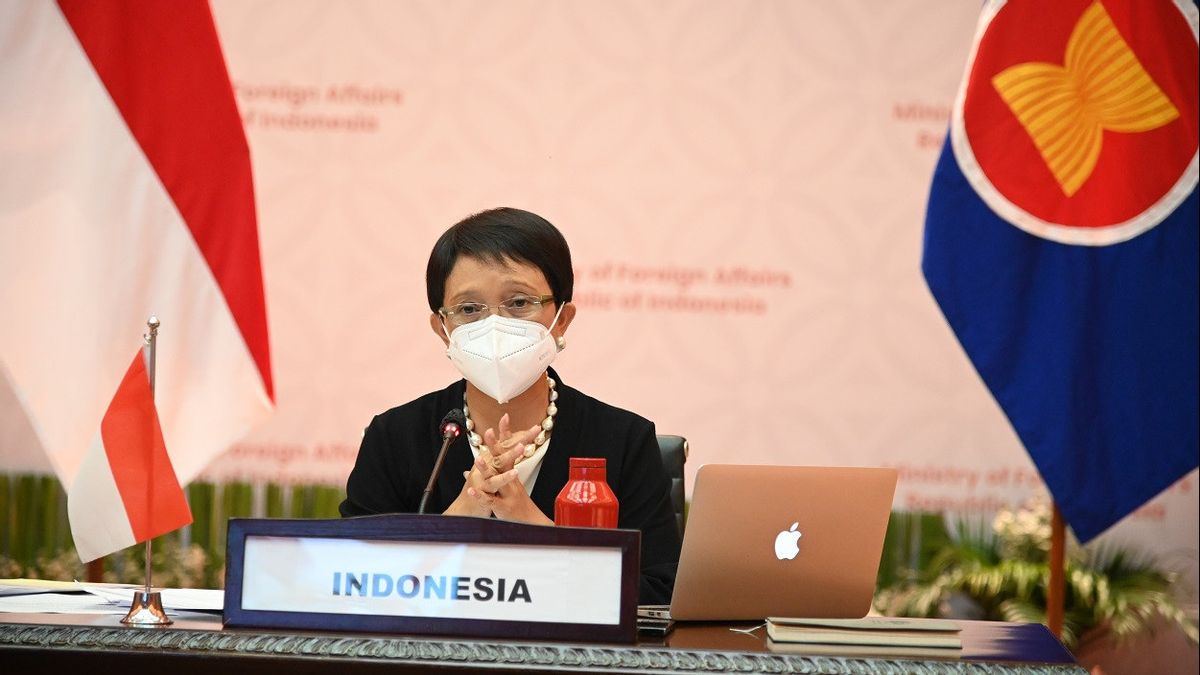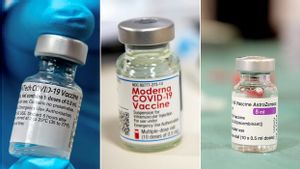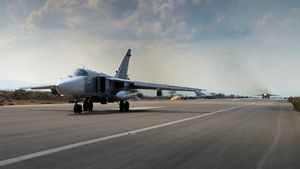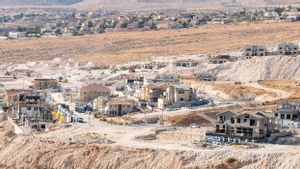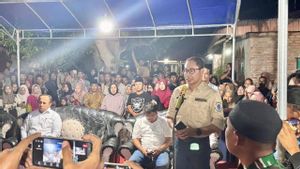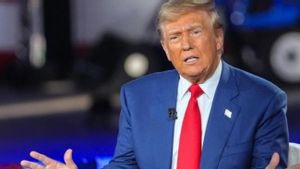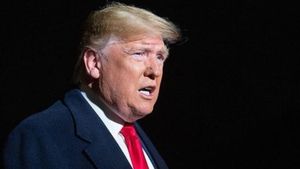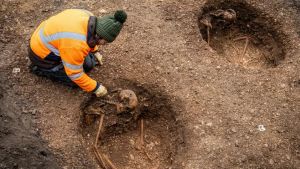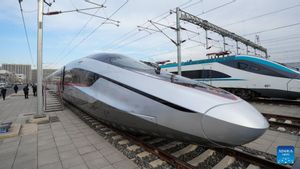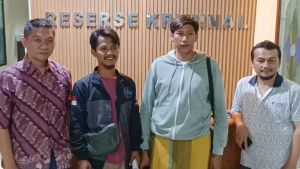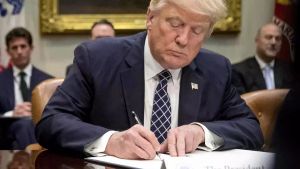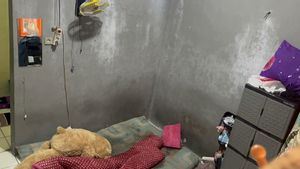JAKARTA - The Indonesian Minister of Foreign Affairs emphasized the importance of increasing global partnerships to achieve the global vaccination target by the end of the year as set by the World Health Organization (WHO).
Speaking at the USAID Virtual Closed-Door Ministerial Meeting attended by WHO Director-General, Tedros Adhanom Ghebreyesus, Foreign Minister Retno said capacity building for developing countries was important to help overcome the pandemic.
"This partnership is important to achieve the vaccination target of 40% of the population per country by the end of 2021 set by WHO. Currently, the global vaccination gap is still wide, where low-income countries only receive 0.6 percent of all available vaccines", she explained in a statement from the Indonesian Ministry of Foreign Affairs, Tuesday, December 7.
"A total of 96 countries still have not met the WHO target of achieving 40 percent of their population's vaccinations by the end of 2021, even though there are only a few weeks left", continued Foreign Minister, Retno.
In the short term, Foreign Minister Retno continued, the main focus that needs to be paid attention to is how all countries increase cooperation to be able to meet WHO targets.
According to her, two things can be done to achieve this. First, accelerating global access to vaccines, including by sharing doses. The doses given must have a long expiration date and there is a clear distribution timeline.
Foreign Minister Retno said there was still much unknown about the Omicron variant. For this reason, the policies of countries in the future should not further complicate efforts to achieve vaccine equality
"Second, strengthening absorption capacity in recipient countries. Many countries do not have adequate resources and infrastructure to distribute vaccines to their population", she explained.
For the long term, Foreign Minister Retno emphasized the importance of strengthening the involvement of developing countries in the global vaccine supply chain. This can be done by diversifying global vaccine manufacturing, establishing regional vaccine production and distribution centers, facilitating technology transfer, and increasing access to vaccine raw materials.
Meanwhile, WHO Director-General Tedros Adhanom Ghebreyesus revealed, a year after the first COVID-19 vaccine was injected until now countries are still experiencing obstacles in converting vaccines into vaccinations.
He said COVAX has played an important role and has currently distributed more than 600 million doses to 144 countries and territories. And in the last two months, COVAX has distributed vaccines in larger quantities than the total distribution for 8 months.
"The importance of transparency in the distribution of vaccines by taking into account the expiration date of the vaccine. In addition to vaccination, there is a need to increase testing capacity, sequencing, and the availability of oxygen and drugs", said Dr. Tedros.
For information, this meeting also discussed how to accelerate vaccination programs and transform vaccines into vaccinations, especially in developing countries that have limited vaccine distribution capacity.
SEE ALSO:
On the occasion of the meeting organized by the US Government, countries presented various challenges faced, including access to vaccines and the need for financing, production capacity, infrastructure for distribution, technical expertise, quantity, and quality of health workers.
This meeting is a meeting organized by the US Government as a follow-up to the Global COVID Summit led by President Joe Biden in September 2021. And the Covid-19 Foreign Ministerial Meeting in November 2021, which was initiated by Foreign Minister Blinken, was attended by around 20 ministers and 9 representatives of international organizations. from various countries, including the CEO of GAVI, the President of the World Bank, and the Director-General of UNICEF.
The English, Chinese, Japanese, Arabic, and French versions are automatically generated by the AI. So there may still be inaccuracies in translating, please always see Indonesian as our main language. (system supported by DigitalSiber.id)
